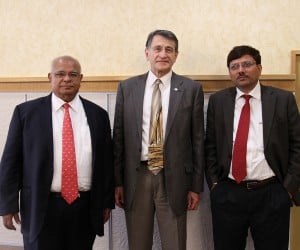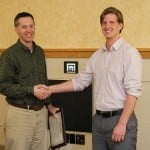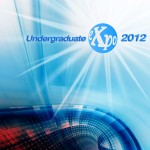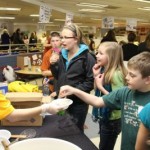 Special Presentation: Friday, May 11th 10:00 – 11:00; MEEM 1021
Special Presentation: Friday, May 11th 10:00 – 11:00; MEEM 1021
Vidya Pratishthan’s College of Engineering (VPCOE), Baramati, India
Presents:
Dr. Suryaji (Steve) Bhonsle,
Mentor & Director of International Affairs, Vidya Pratishthan Education Foundation, Baramati
Dr. Shankar B. Deosarkar
Principal, Vidya Pratishthan’s College of Engineering
Dr. Sachin M. Bhosle
Research Coordinator and Assistant Professor, Mechanical Engineering, Vidya Pratishthan’s COE
Vidya Pratishthan College of Engineering is a new university in India. One of our former faculty members, Dr. Steve Bhonsle (1970), is involved with the development of this university, and will be presenting with the hope of establishing an MOU (Memorandum of Understanding) with our department for both undergraduate and graduate students.



